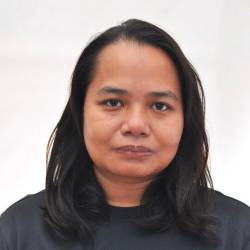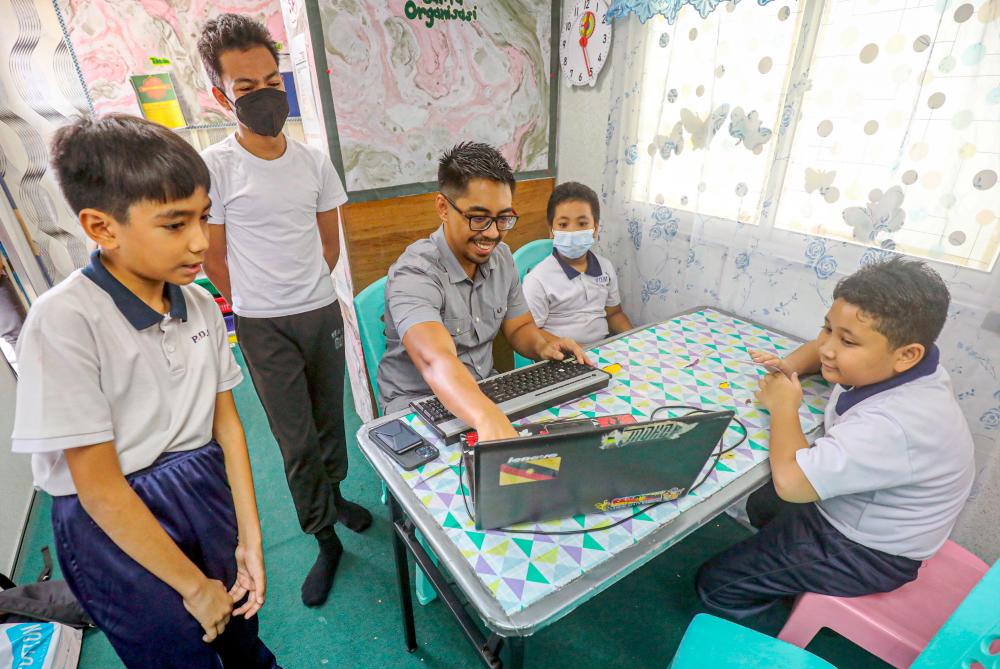PETALING JAYA: Malaysia is in dire need of a broader education system and more awareness programmes on children with dyslexia, said Dyslexia Malaysia Association president-elect Abdullah Syakirin Mohamad.
He also said educators, medical practitioners and parents must have the right information to identify the “hidden” signs in such children from an early age, adding that this would ensure dyslexic children are not misdiagnosed with other health conditions, which can be detrimental to their development.
He made the call as some parents still lacked knowledge when they notice their child being passive in their interaction with peers.
“In my discussions, parents would usually send their child to a hospital paediatric unit. The child is then referred to the psychology unit and undergoes assessments that identify their disabilities.
“Parents would usually do this if they feel their child is slow (in their speech) or suspect they are autistic, which are two entirely different health conditions. I had also thought my son had the condition, but we were lucky to know that it was dyslexia,” Syakirin told theSun.
Dyslexia is a learning disorder that causes difficulty in reading due to problems in identifying speech sounds and how they relate to letters and words.
Though there are no statistics available in Malaysia, according to the Health Ministry’s web-based health information service called MyHealth, it is estimated that between 4% and 8% of school-aged children have dyslexia.
Based on that, Syakirin is on a door-to-door mission this year to meet with teachers and counsellors at primary schools and kindergartens in the Klang Valley.
He estimates that there are 5,000 such institutions and wants to spread the knowledge that “dyslexia is not an end-all condition”.
“There are ways to identify it if a child is dyslexic. A child can be writing an alphabet letter in reverse, which is called ‘mirror writing’. Also, there are words which they will spell backwards or even miss one alphabet. For instance, instead of ‘pizza’, they’d spell ‘piza’,” he said.
He pointed to a time when his son had a hard time understanding the concept of dividing numbers, which has now been rectified since the nine-year-old came up with a simpler way. He would now imagine the number of circles and divide them in his head.
Syakirin has since reached out to hospitals in the hope that medical practitioners can leverage their experience.
“We had gone to hospitals to share about our NGO. They may have their methods of assessing a child that qualifies them for an OKU card. This can take time.
“In between, psychologists or professional medical practitioners can collaborate with us and parents. We have daily classes and also just Saturday classes geared for children who need an extra hand in their studies,” he said.
Located in Jalan Ampang, Kuala Lumpur, class sessions are conducted in the morning or afternoon daily.
Each child will need to be assessed first, which will cost RM200, after which a report will be produced a week later.
“However, the amount can be discounted or waived if the parents or caregiver cannot afford it. The assessment is done by one of our eight assessors, which include experienced teachers, psychologists and doctors,” he said, adding that once a child is accepted, they will undergo a year-long programme.
He reiterated his hope that the stigma of parents, who are ashamed of their dyslexic children, would be done away with.
“The children are just deficient in terms of learning and it is not their fault. If they are helped at an early stage, then their performance will be better. It has also been proven that a person with dyslexia has extraordinary skills and intellect.”
Further information is available at 03-4265 1632 and the association’s Facebook page










